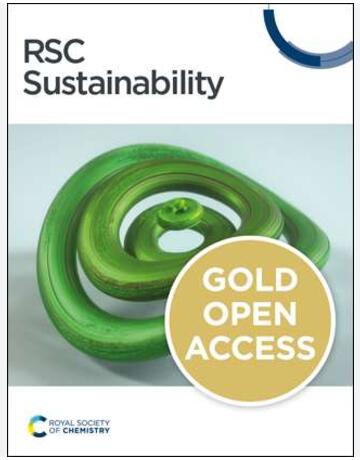从感官体验到重游意图:从体现认知角度看复制品旅游
IF 3.3
3区 环境科学与生态学
Q2 ENVIRONMENTAL SCIENCES
引用次数: 0
摘要
本研究探讨了感官体验对游客在仿古目的地体验的影响,旨在阐明感官体验、感知真实性、幸福感和重游意愿之间的内在影响机制。本研究利用具身认知理论,通过在线调查收集游客在完成调查前三个月内游览知名仿古目的地深圳世界之窗的数据,对该理论的应用进行了实证检验。调查结果显示,除嗅觉和味觉外,游客的感官体验与重游意愿直接相关。积极的感官体验会影响游客的真实感和幸福感,进而提高游客的重游意愿。通过提供游客在不同文化背景下的仿古旅游目的地的感官体验的实证证据,本研究丰富了现有的研究体系,拓宽了仿古旅游研究的范围。此外,越来越多的仿古旅游目的地在保护传统旅游目的地,尤其是历史遗迹方面发挥着重要作用。本研究为仿古旅游目的地在促进可持续旅游方面的未来发展提供了宝贵的见解。同时,本研究将具身认知理论应用于仿真旅游,促进了理论发展,并为感官体验在塑造游客行为方面的作用提供了新的见解。本文章由计算机程序翻译,如有差异,请以英文原文为准。
From Sensory Experience to Revisit Intentions: An Embodied Cognition Perspective on Replica Tourism
This study explores the impact of sensory experiences on tourists’ experiences at replica destinations, aiming to clarify the intrinsic influence mechanisms between sensory experiences, perceived authenticity, well-being, and the intention to revisit. Utilizing embodied cognition theory, this study empirically tested its application through data collected via an online survey of tourists who visited a well-known replica destination, Window of the World in Shenzhen, within three months prior to completing the survey. The findings reveal that tourists’ sensory experiences, except for smell and taste, are directly related to the intention to revisit. Positive sensory experiences influence perceived authenticity and well-being, subsequently leading to an increased intention to revisit. By providing empirical evidence on tourists’ sensory experiences at replica destinations in different cultural contexts, this study enriches the existing body of research and broadens the scope of replica tourism studies. In addition, an increasing number of replica tourism destinations play an important role in protecting traditional tourist destinations, especially historical sites. This study provides valuable insights for the future development of replica tourism destinations in promoting sustainable tourism. At the same time, this study extends the application of embodied cognition theory to replica tourism, contributing to theoretical development and offering new insights into the role of sensory experiences in shaping tourist behavior.
求助全文
通过发布文献求助,成功后即可免费获取论文全文。
去求助
来源期刊

Sustainability
ENVIRONMENTAL SCIENCES-ENVIRONMENTAL SCIENCES
CiteScore
6.80
自引率
20.50%
发文量
14120
审稿时长
17.72 days
期刊介绍:
Sustainability (ISSN 2071-1050) is an international and cross-disciplinary scholarly, open access journal of environmental, cultural, economic and social sustainability of human beings, which provides an advanced forum for studies related to sustainability and sustainable development. It publishes reviews, regular research papers, communications and short notes, and there is no restriction on the length of the papers. Our aim is to encourage scientists to publish their experimental and theoretical research relating to natural sciences, social sciences and humanities in as much detail as possible in order to promote scientific predictions and impact assessments of global change and development. Full experimental and methodical details must be provided so that the results can be reproduced.
 求助内容:
求助内容: 应助结果提醒方式:
应助结果提醒方式:


